World Cancer Day: celebrating 20 years of progress at Queen Mary’s Barts Cancer Institute
This World Cancer Day, we’re announcing a new series of articles celebrating the 20th anniversary of the Barts Cancer Institute (BCI) at Queen Mary University of London. Over the coming months, we’ll reflect on our achievements and their impact. We’ll also look to the future and our hopes for driving further progress for people with cancer. Importantly, we’ll celebrate our amazing community of scientists and professional services staff who continue to go the extra mile in support of life-changing research that creates tangible improvements for cancer patients.
The BCI took shape between 2003–2004. Many of the institute’s founding laboratories and longest-serving staff moved into our site at Charterhouse Square in London during this time, including our first Director, Professor Nick Lemoine.
Professor Lemoine says: ‘It has been a privilege to lead the BCI for the past twenty years, a period during which our researchers have transformed our understanding and approach to the problem of cancer in patients and populations. The BCI is proudly translational in its focus, making discoveries into interventions that have a positive impact on the lives of those with or at risk of cancer, and is always pushing the boundaries of what is possible with innovation and new technologies.’
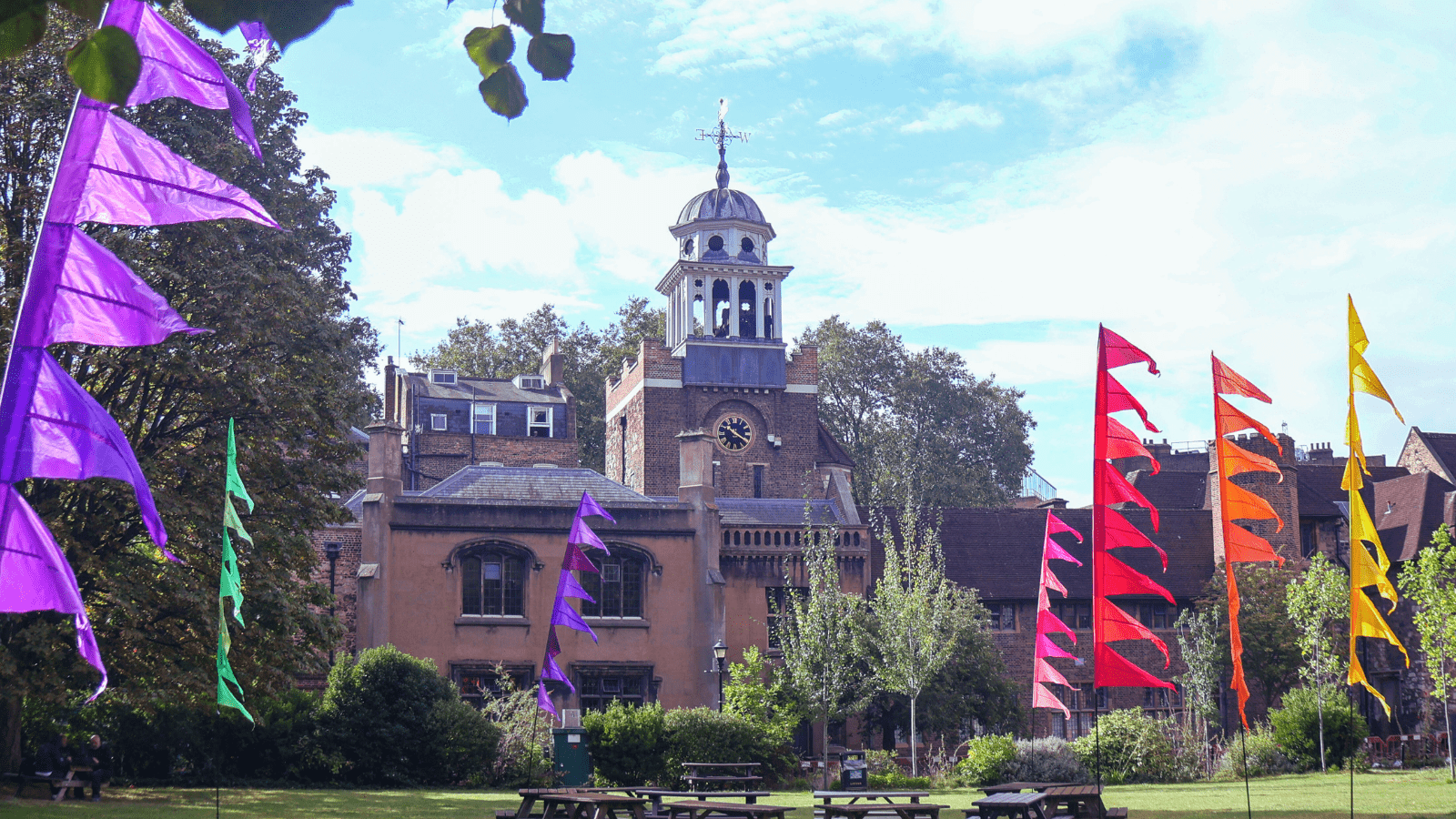
In the early 2000s, Queen Mary’s leadership sought to bring together some of the most eminent cancer research teams in London, creating a centre of excellence that became the BCI. This project was spearheaded by Professor Sir Nicholas Wright, Warden of Barts and the London School of Medicine and Dentistry, which today has evolved into Queen Mary’s Faculty of Medicine and Dentistry.
Since our early years, the BCI has roughly doubled in size, with more than 350 staff and 60 labs working together as one of the UK’s leading institutes for cancer research. We collaborate closely with local hospitals and with cancer researchers across the capital as a founding partner of Cancer Research UK’s City of London Centre, a world-leading hub dedicated to cancer biotherapeutics. In addition, we welcome approaching 200 students a year to our postgraduate courses, through which we share our expertise and help to launch the careers of the next generation of cancer researchers.
Some of the highlights of our exciting progress over the past 20 years include:
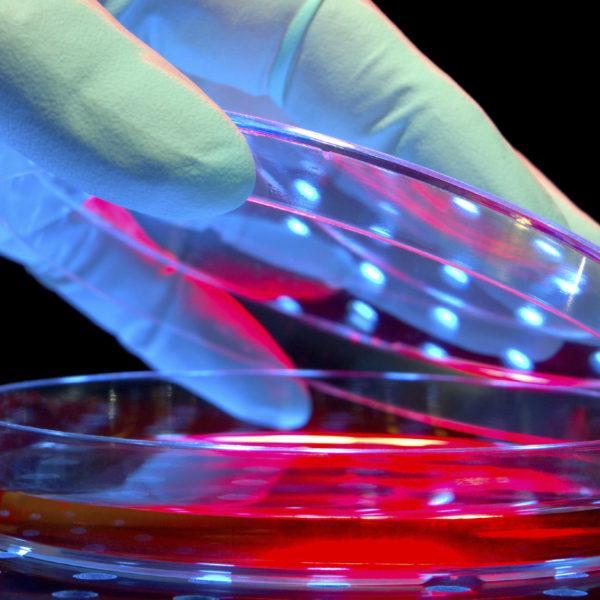
Bringing life-changing new cancer therapies to the clinic. Our researchers have led clinical trials of therapies that improve the survival of cancers including bladder cancer, breast cancer and mesothelioma. These advances build on discoveries made within our laboratories, which we can expedite to the clinic thanks to our close connections with Barts Health NHS Trust, including through our Centre for Experimental Cancer Medicine. We are also a centre of excellence for immunotherapy research.
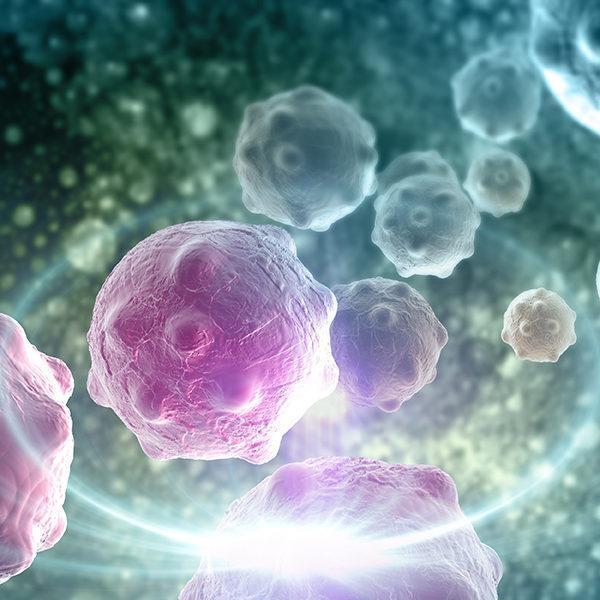
Developing better ways to detect, diagnose and monitor cancer. Groups at the BCI have developed innovative tests that detect cancer through subtle clues in patients’ blood, urine, or medical images. This offers better ways to catch cancer early when it is easier to treat and monitor how it develops and adapts to therapy, helping us to stay one step ahead of the disease.
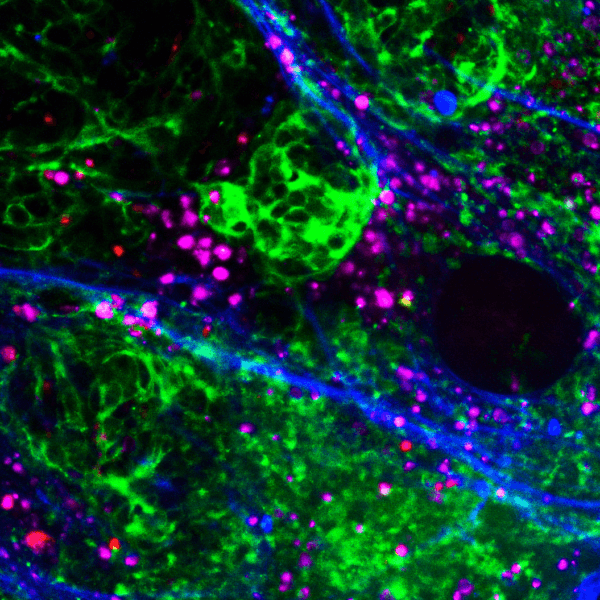
Transforming our understanding of the tumour microenvironment. We’ve been at the centre of a radical shift in our understanding of cancer, showing that tumour cells don’t exist within a vacuum, but within a complex metropolis of immune cells, blood vessels, tissue scaffolding, chemical signals and other elements – together known as the tumour microenvironment – that all impact how cancers develop and respond to therapy. Understanding the network of interactions within the microenvironment and how to manipulate it is opening the door to a new generation of targeted treatments.

Harnessing new computational tools to unpick cancer’s complexities. Our teams are harnessing cutting-edge approaches to analyse the vast quantities of data now being generated about cancer in the clinic and at the lab bench. Our hospital links, tissue banks and bioinformatics core facility are all helping us to weave together different types of data to paint a comprehensive picture of how cancer changes from the fundamental level of genes, proteins and cells, to the macroscopic level of tissues, systems and the whole patient. These approaches are shedding light on how cancer evolves and how we can personalise treatments to treat each patient’s unique cancer.
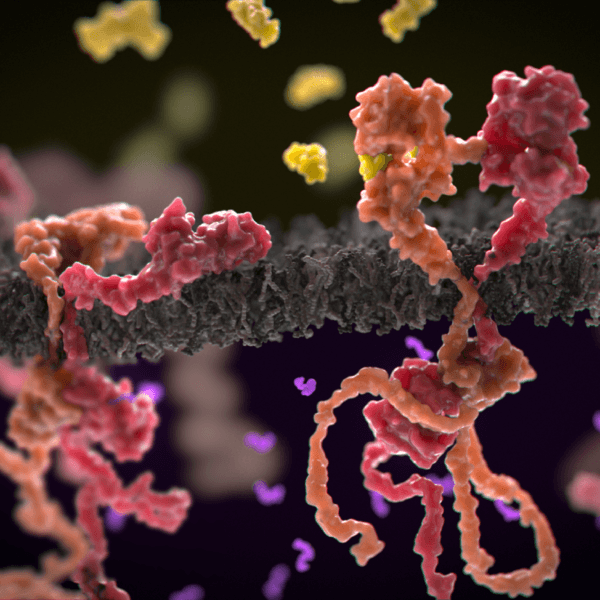
Demystifying the biology of cancer. Uncovering the fundamental biology that drives cancer is the bedrock of the BCI’s research – this knowledge ultimately holds the key to identifying weaknesses we can target to beat cancer. Our research has revealed how many crucial signalling pathways operate in the disease, some of which have paved the way for new therapies. Today, our researchers are pursuing new horizons in fields such as RNA biology, epigenetics and metabolism, which hold exciting possibilities for improving cancer care.
We hope that you will join us in celebrating these advances and much more over the coming months.
Our Heritage
Formed within Queen Mary’s Faculty of Medicine and Dentistry, formerly known as Barts and the London School of Medicine and Dentistry, we are proud to be a part of a long heritage of cancer research and care. The history of the colleges that merged to form our faculty - London Hospital Medical College and the Medical College of St Bartholomew's Hospital - spans back over 900 years to the formation of St Bartholomew’s Hospital in 1123. Today, our connections to leading local hospitals, including St Bartholomew’s Hospital and the Royal London Hospital, play a fundamental part in enabling us to design and conduct impactful research that addresses our most pressing clinical challenges.
Category: General News

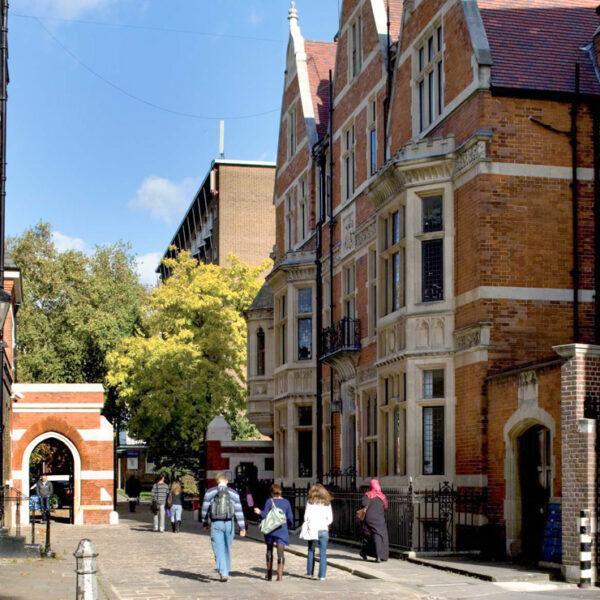
No comments yet